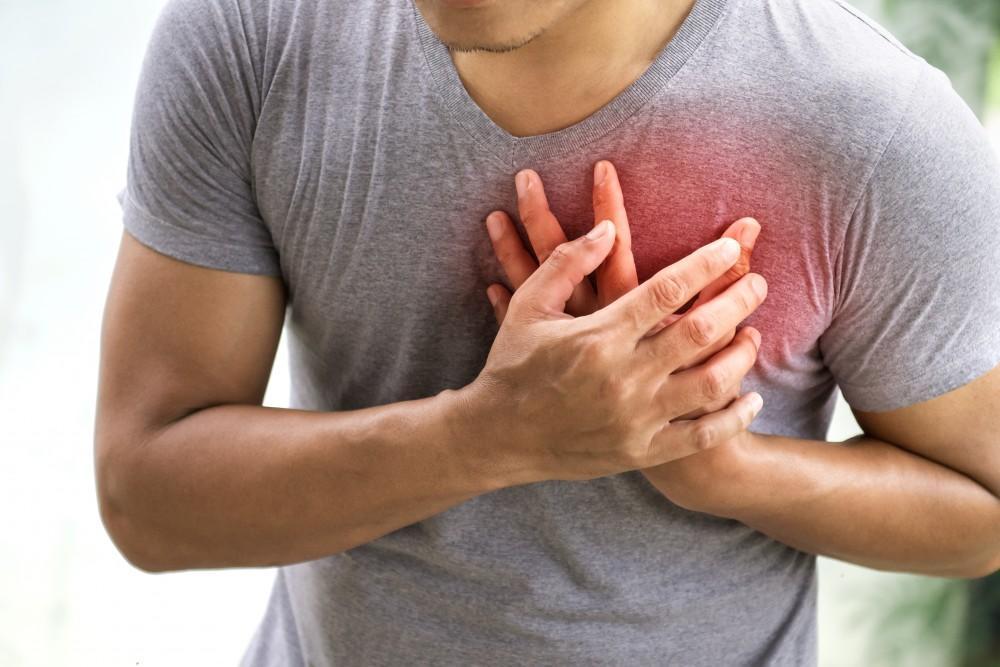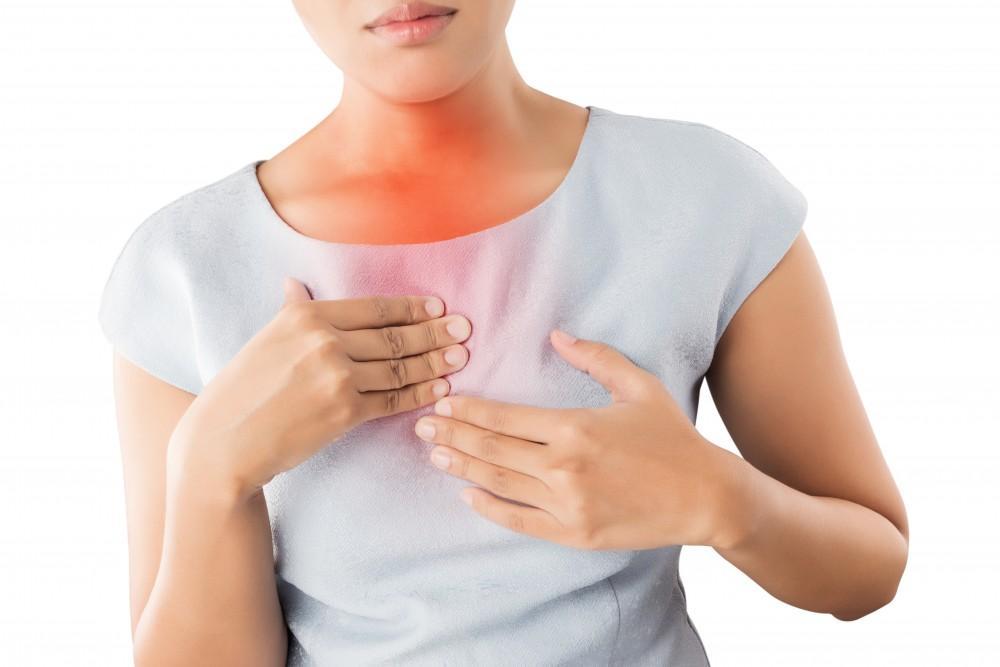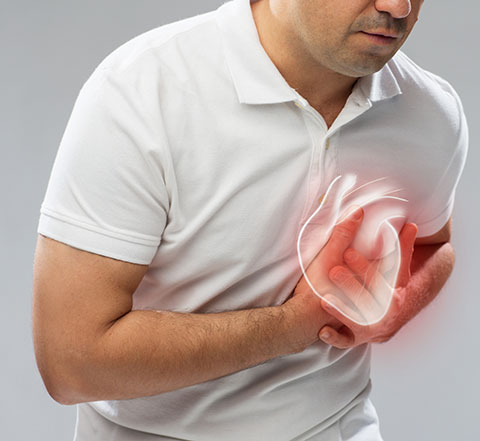
Sudden, sharp chest pain can be frightening—but in many instances, it isn’t linked to a heart attack or any serious condition.
For younger people, one of the most frequent (and harmless) explanations is something called Precordial Catch Syndrome (PCS). Still, it’s important to recognize your symptoms and understand when it might be necessary to seek medical attention.
What Is Precordial Catch Syndrome (PCS)?
CS is a harmless condition that causes sudden, stabbing pain in the chest—typically just below the left nipple. Though the pain can be intense and alarming, it has no connection to the heart and doesn’t result in any long-term issues.
Who Typically Gets It?
- Most common in children, teens, and sometimes young adults
- Often linked to growth spurts or slouching
- Can also appear during stressful or anxious moments

Key Symptoms of PCS:
- Sudden, sharp chest pain (often described like a pinprick or jab)
- Usually happens while at rest or sitting
- Gets worse with deep breaths
- Pain doesn’t spread to the arm, back, or jaw
- No other symptoms like nausea, sweating, or lightheadedness
- Typically lasts only a few seconds to a few minutes
What Causes It?
While the exact trigger remains uncertain, PCS is thought to occur due to:
- A pinched or irritated nerve in the chest wall
- Poor posture or prolonged sitting that compresses chest nerves
- Stress or anxiety that heightens nerve sensitivity
How Is It Treated?
- Medical treatment is not necessary
- Pain often subsides on its own
- Sitting or standing upright can help ease the pressure
- Shallow, gentle breaths may reduce discomfort during an episode

Other Potential Causes of Sharp Chest Pain:
Muscle Strain
- Linked to exercise, lifting, or sleeping awkwardly
- Pain worsens with movement or touch
- Feels muscular, not internal
Costochondritis
- Inflammation of the cartilage joining ribs to the breastbone
- Pain that gets worse with deep breathing or chest pressure
Gas or Acid Reflux (GERD)
- Digestive issues can mimic chest pain
- May include bloating, burping, or a burning feeling
Anxiety or Panic Attacks
- Can cause tight or sharp chest pain
- Often paired with a racing heart, sweating, dizziness, or a sense of panic

When Should You See a Doctor?
Though most sharp chest pain is harmless, seek urgent medical help if you have:
- Pain that lasts more than 10 minutes
- Pain spreading to your arms, jaw, neck, or back
- Trouble breathing
- Nausea, sweating, or dizziness
- A personal or family history of heart conditions
Precordial Catch Syndrome is more bothersome than dangerous and is especially common in young people. That said, always listen to your body. When you’re unsure, it’s better to be safe and get checked—peace of mind, or in rare cases, early detection, can make all the difference.

